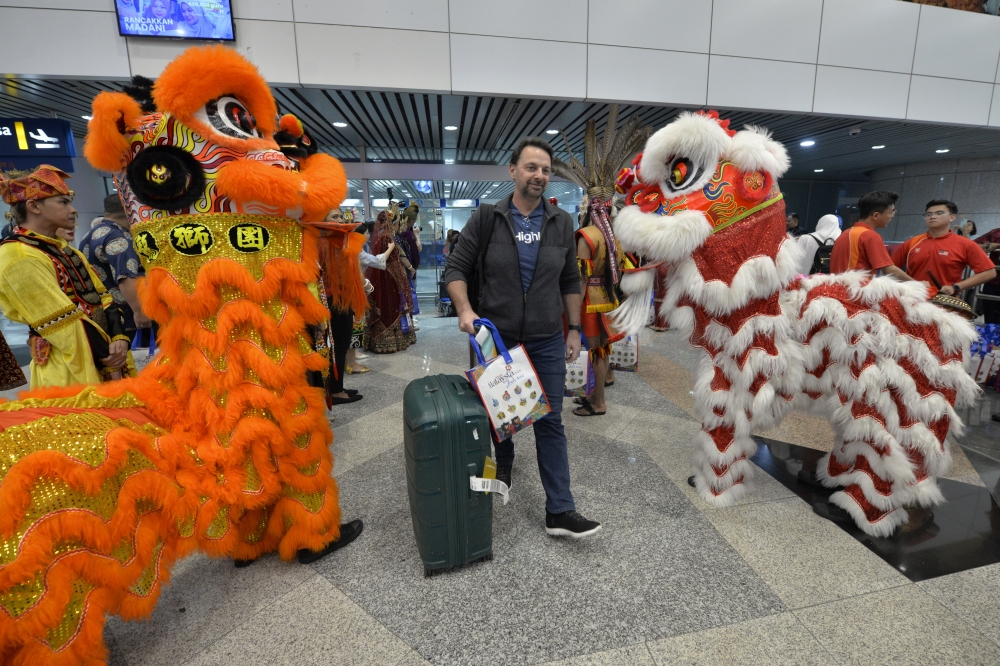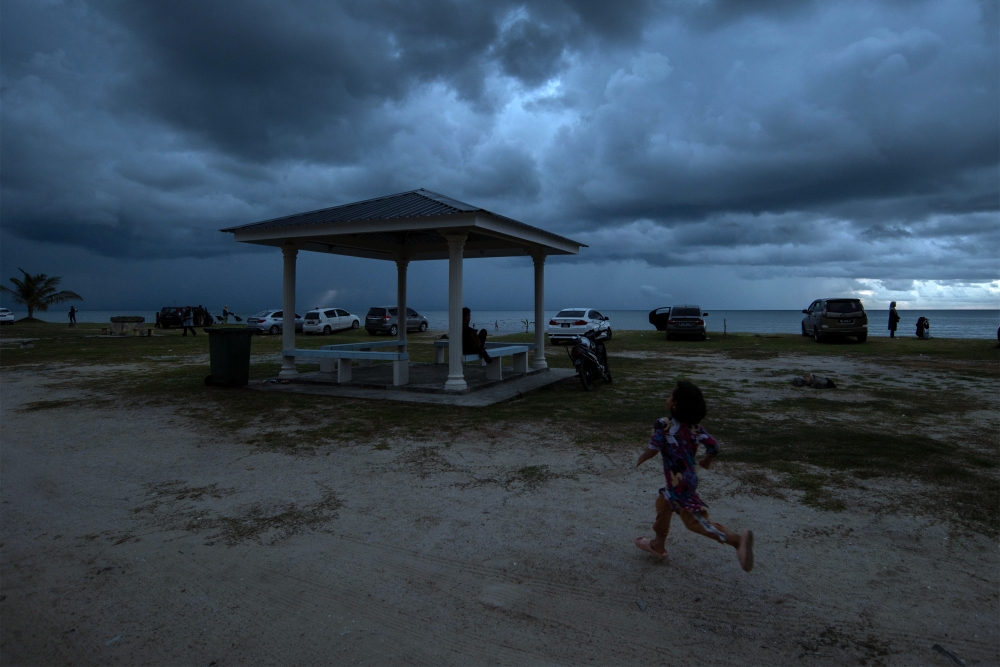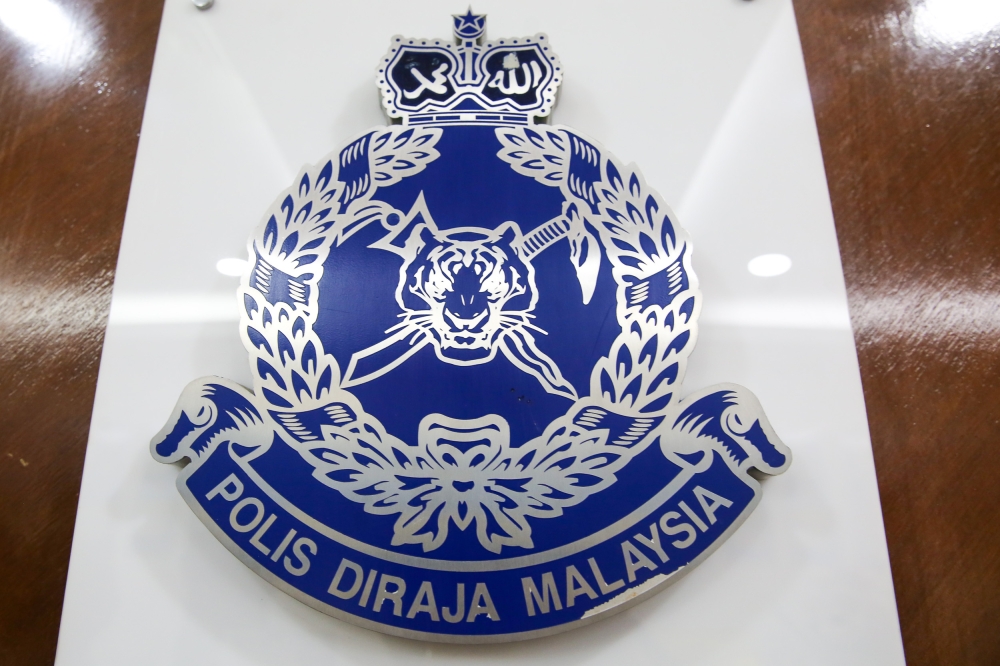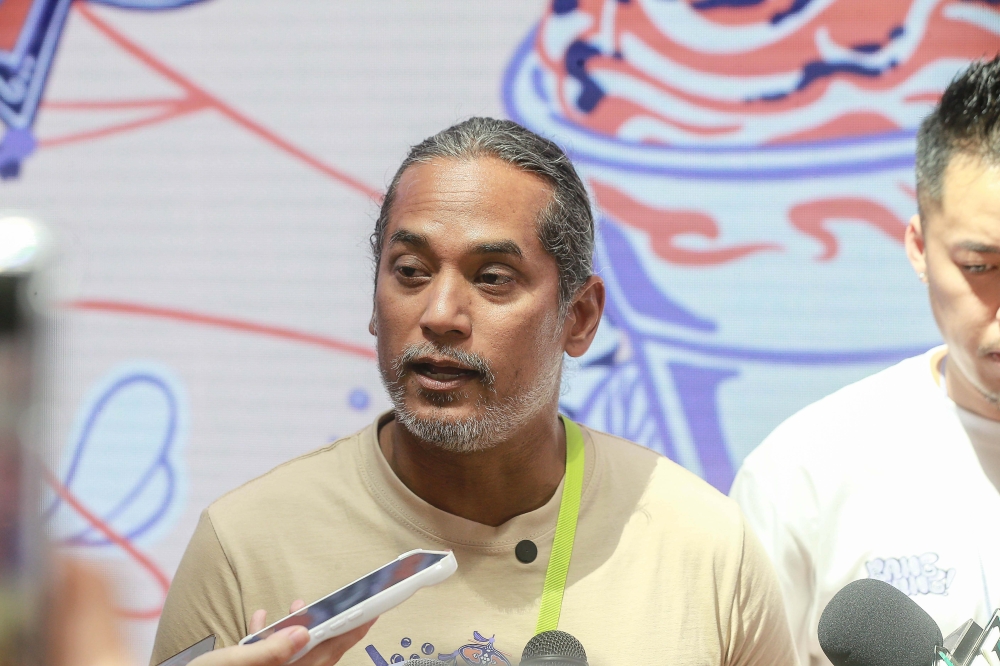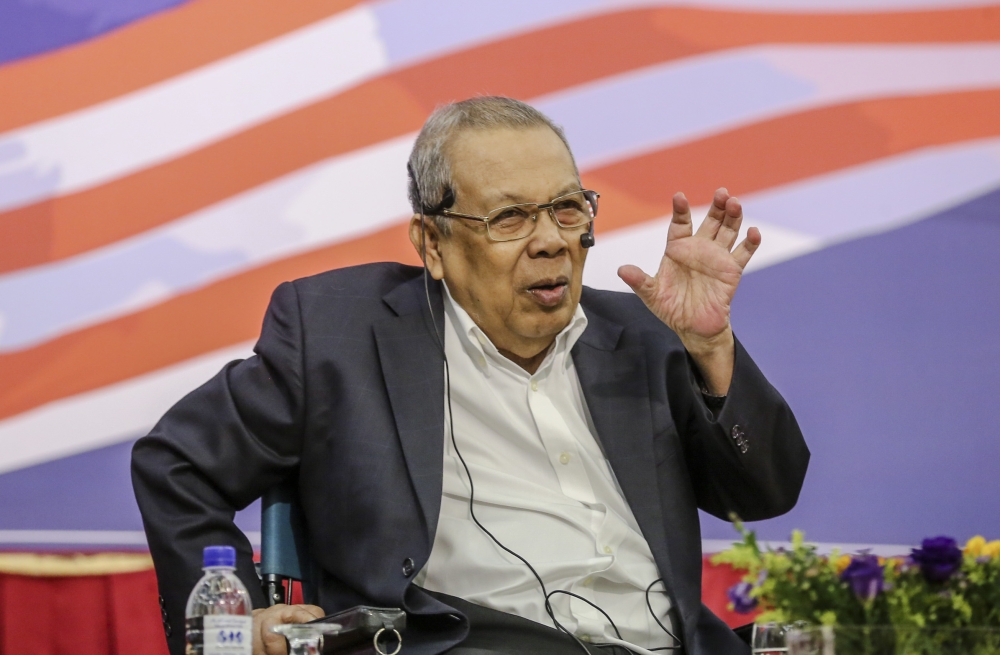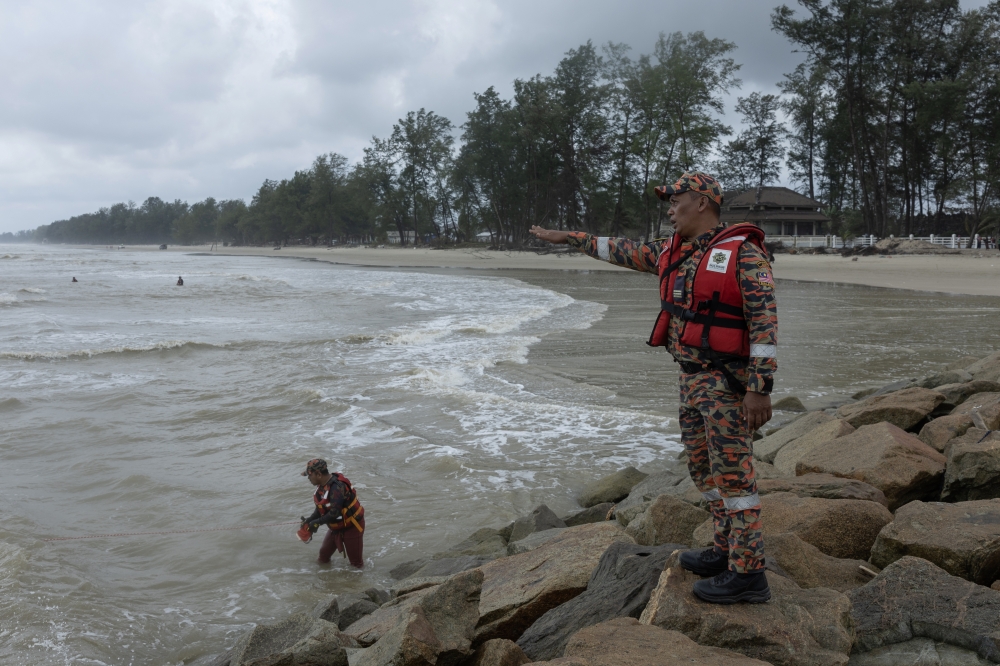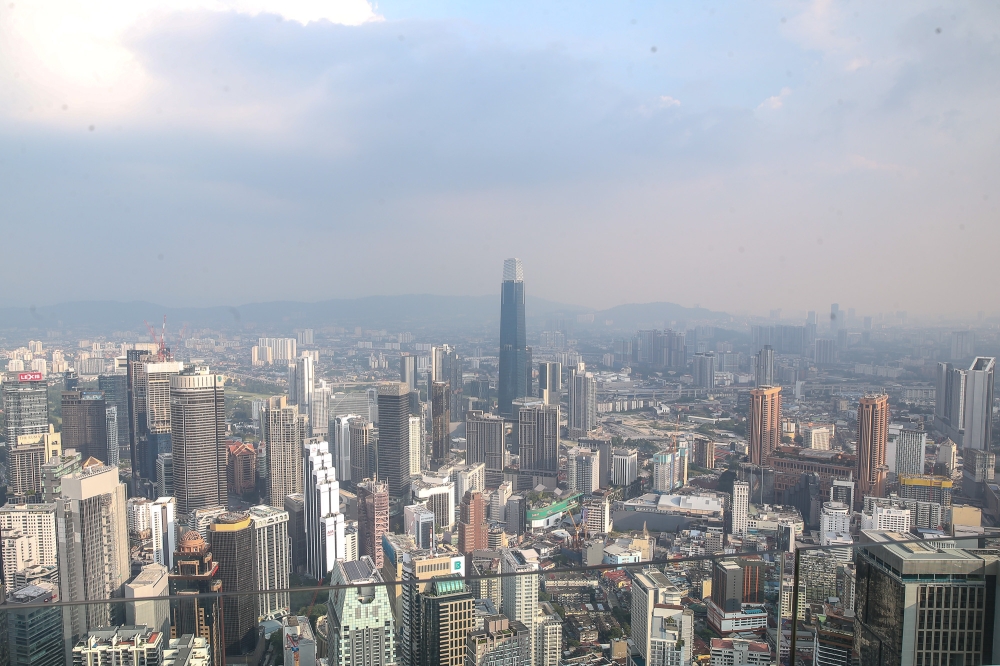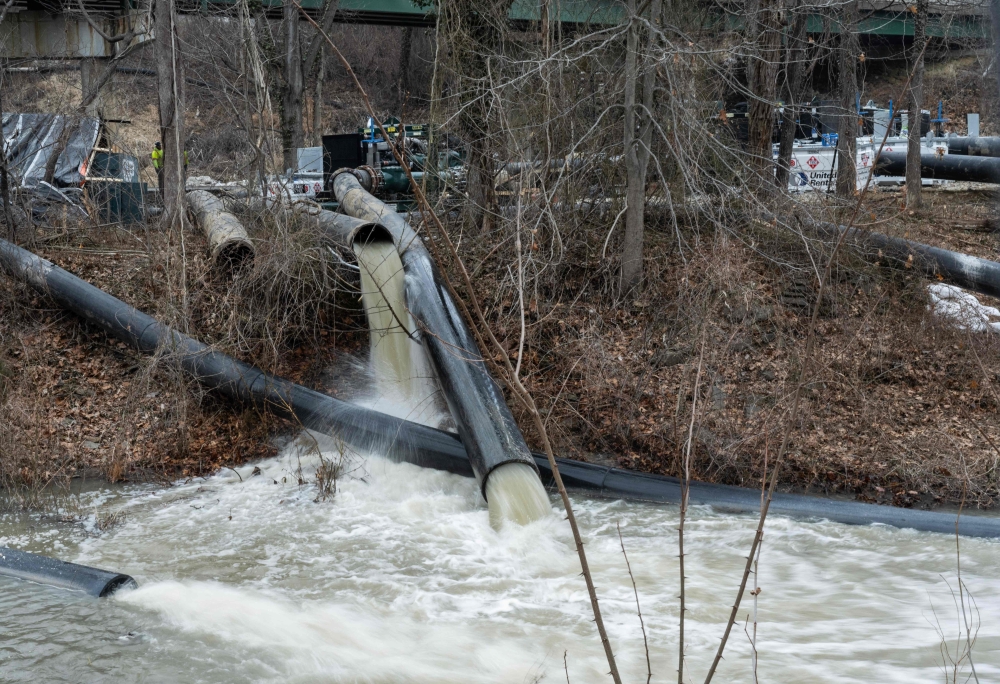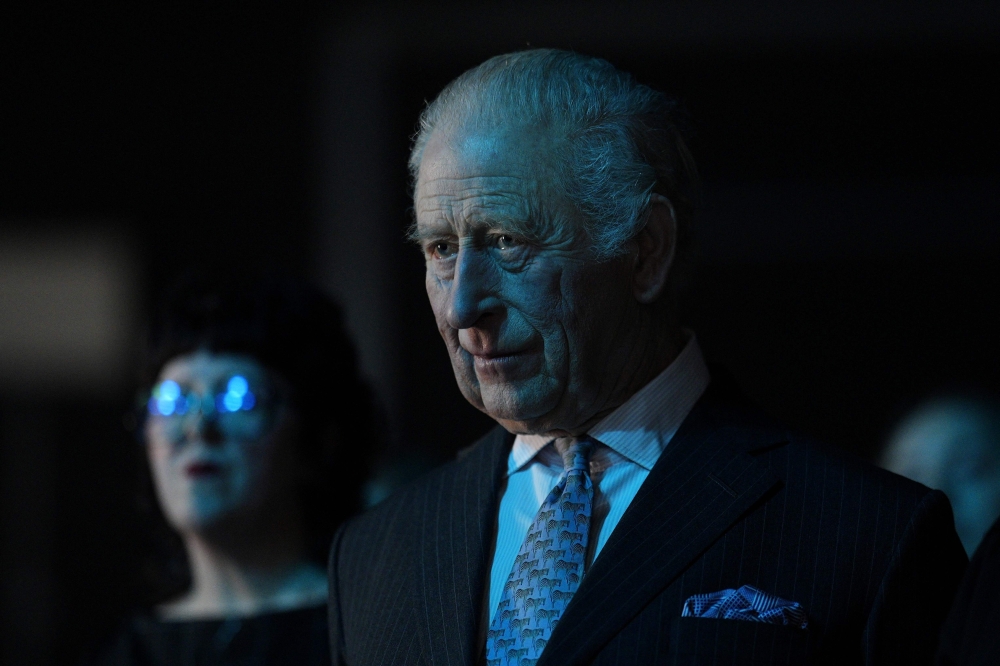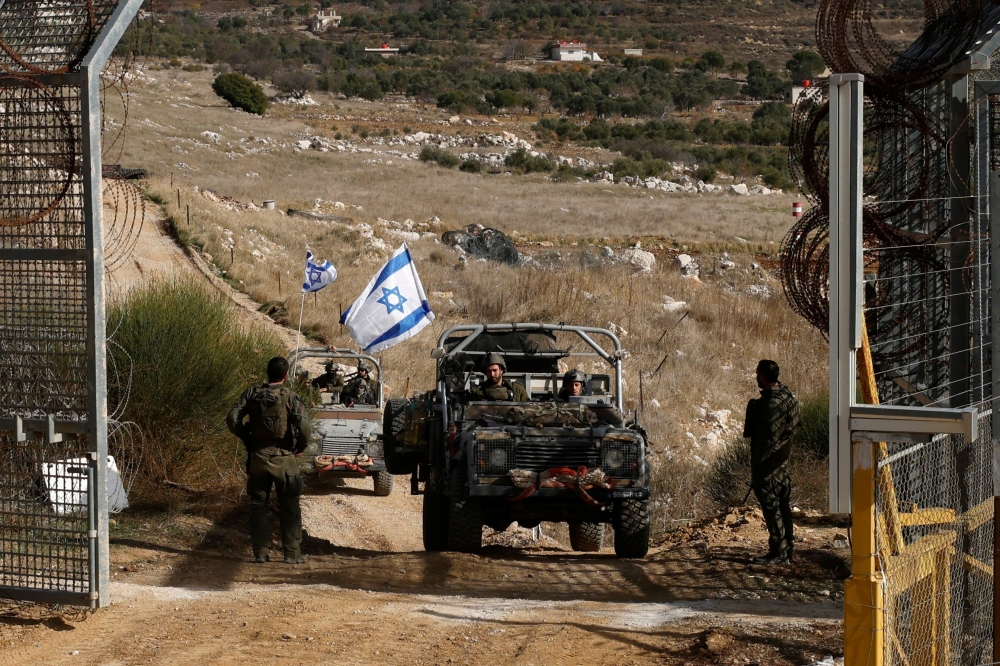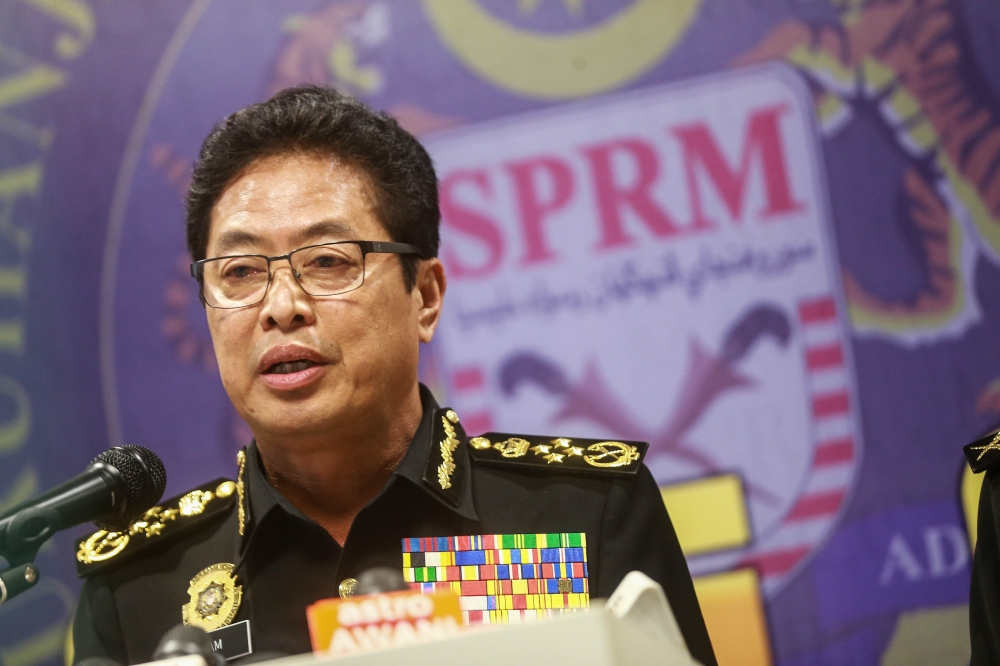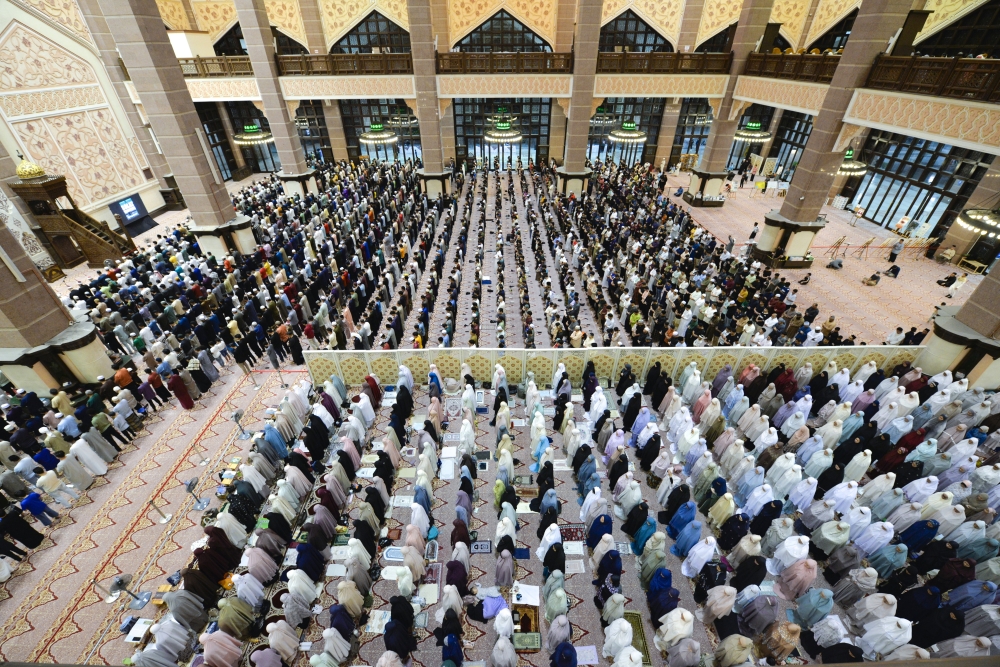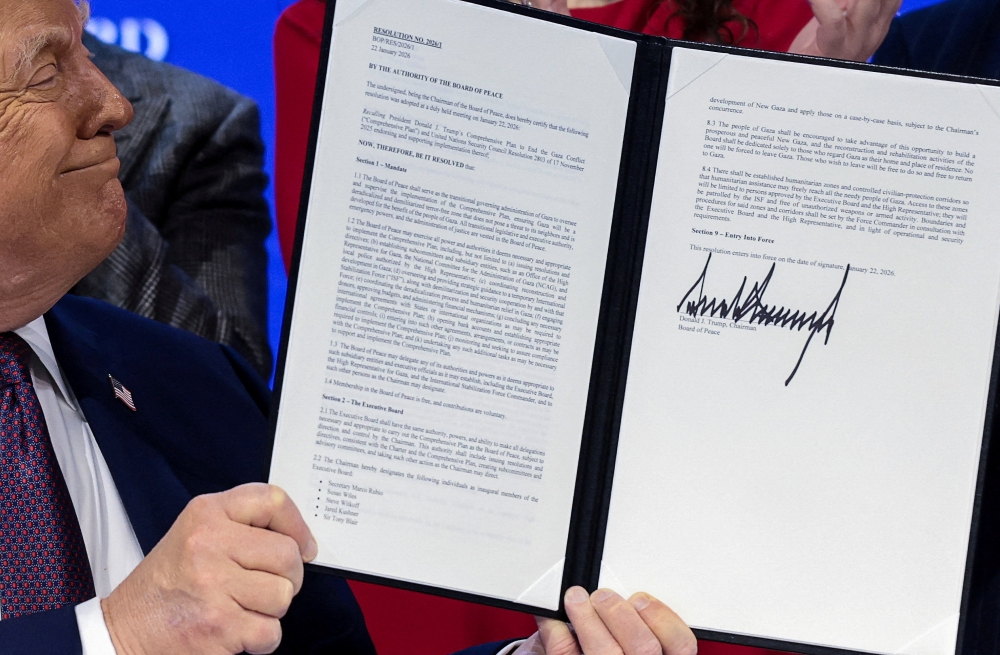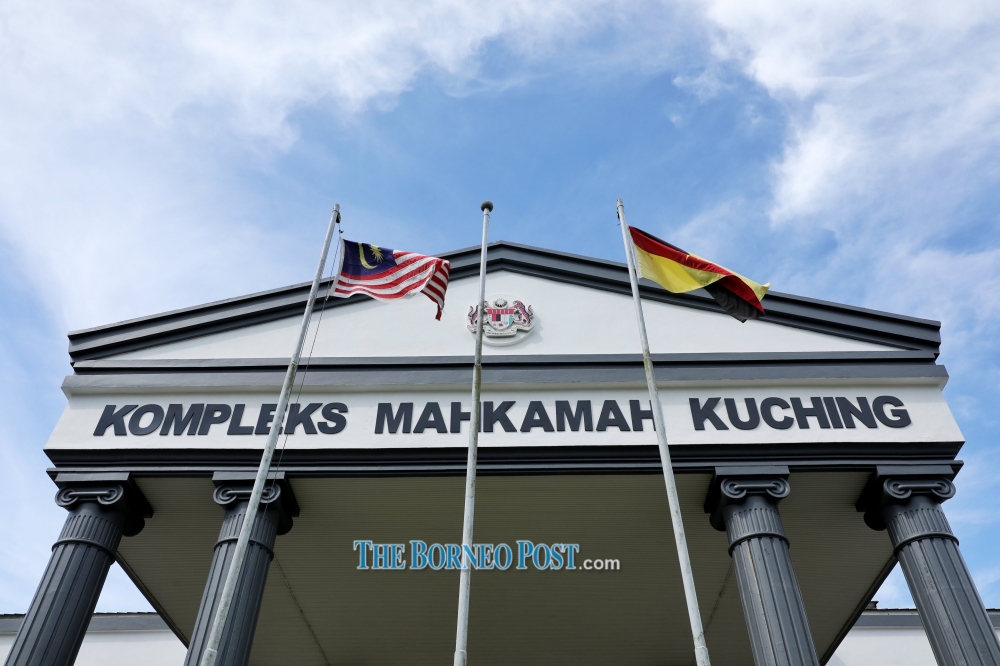DEC 6 — The current system disproportionately victimises children involved in illegal adoption transactions, and this injustice must end. While some babies bought through such transactions may end up in loving homes, their legal status often becomes a problem when discovered by authorities. Typically, Jabatan Pendaftaran Negara (JPN) conducts internal investigation, issues letters, and renders these children stateless.
In many cases, the baby goes to the highest bidder, with no screening or criteria for the adoptive parents. Birth certificates often include falsified details, even though the documents themselves appear genuine. Over the past five years, there has been an alarming increase in cases where JPN revokes the citizenship of children with falsified documents when they attempt to obtain Malaysian Identification Cards (ICs).
The impact on families and children
When these cases are discovered, the adoptive parent is often detained overnight at the JPN office, handcuffed, and taken to court. Fines ranging from RM5,000 to RM8,000 are imposed, and the falsified documents are confiscated. The parents are then required to reapply for adoption and submit a citizenship application — a process that can take years.
Meanwhile, the affected child — often around 12 years old, and in recent cases, as old as 20 — is left in a state of limbo. They are unable to sit for local or international examinations or attend public schools while enduring prolonged legal processes. Thousands of children remain trapped in this uncertain state. Beyond the sudden revelation of the truth about their birth, they are left stateless and must rely entirely on their adoptive parents to navigate the citizenship process. How can this be considered just? In all these cases, where is the state’s responsibility to uphold its duty to protect these children? Stateless and vulnerable, they are left without access to fundamental rights and opportunities, raising critical questions about the state’s commitment to safeguarding the well-being and future of every child within its borders.
The revocation of Malaysian citizenship is governed by the Federal Constitution. Citizenship can be revoked if it is determined that concealment or misrepresentation of material facts influenced the naturalisation process. This includes cases where citizenship was fraudulently obtained by falsely declaring an adopted child as a biological child. However, the grounds of citizenship revocation Article 26A of the Federal Constitution states that citizenship can only be revoked if it is deemed “not conducive to the public good” for the individual to remain a citizen. In addition to adhering to procedural requirements, the revocation process must follow specific steps to ensure fairness and transparency. These include issuing a notice to the individual outlining the reasons for the potential revocation, granting the individual the right to have a committee of inquiry investigate the case, and making a final decision based on the committee’s findings.
Despite these safeguards, JPN often bypasses these constitutional procedures when revoking the citizenship of children. Why are proper safeguards and procedures not being followed? It raises the question: why does the government view these children as not contributing to the public good?
Addressing this issue requires a comprehensive approach, targeting both the demand and supply sides of the trade while strengthening protections for vulnerable populations.
Baby selling for illegal adoption and human trafficking in Malaysia
The grim reality of baby selling in Malaysia, which is what these illegal adoption transactions are, stands as a chilling testament to the dark underbelly of human trafficking, weaving a complex tapestry of exploitation that devastates vulnerable children and their families. This illegal trade is not merely an isolated issue; it is intricately linked to expansive trafficking networks that exacerbate the plight of those involved. The insidious trade of baby selling thrives on an ever-growing demand for children, fuelled by a myriad of factors. Couples desperate to circumvent the lengthy and often arduous legal adoption processes often turn to brokers who facilitate these illicit transactions, creating a thriving market for quick fixes. Tragically, trafficking syndicates exploit these innocent lives, ensnaring them in forced labor or subjecting them to horrific sexual abuse. Even more disturbing is the role of paedophiles in this macabre economy, who seek out children for unspeakable acts of exploitation.
This abhorrent trade preys on Malaysia’s most vulnerable populations. Pregnant women in dire straits — such as sex workers, stateless individuals, and migrants—are frequently targeted by traffickers. Impoverished families, struggling to survive, may find themselves coerced into selling their own children, driven by desperation and despair. Indigenous groups and children from rural communities face heightened risks of internal trafficking, making them easy targets for exploitation. The amendments in the new Federal Constitution Bill will not help!
The operations behind baby selling in Malaysia are often orchestrated by highly organised criminal networks. These syndicates employ traffickers who recruit and transport vulnerable pregnant women or newborns with alarming efficiency. Corruption runs deep, as some officials in positions of authority turn a blind eye or even facilitate the trade by issuing false documentation. Alarmingly, certain medical professionals also contribute to this cycle of exploitation by assisting in illegal adoptions and falsifying birth records, further entrenching this horrific practice within society.
To combat this dire situation, it is imperative to reform the systems that allow such atrocities to flourish. We must prioritise the adherence to the Federal Constitution and implement robust safeguards designed to protect vulnerable children from the scourge of statelessness and ensure their fundamental rights are upheld. Only through collective action can we hope to dismantle these networks of exploitation and safeguard the future of our children. More importantly, the crimes and mistakes of the adults cannot justify what happens to the children (who are victims in these circumstances) in rendering them stateless while investigation and justifications are given to revoke their citizenship. Already losing their identity and family, the current system exacerbated by JPN internal procedures and SOPs revictimise and punish these children and treat them as criminals, when under the definition of trafficking and commercial exploitation, these children are to be protected and supported. Make no mistake, revoking the citizenship of children in these circumstances, take away their rights and best protection of any Citizen.
* This is the personal opinion of the writer or publication and does not necessarily represent the views of Malay Mail.

